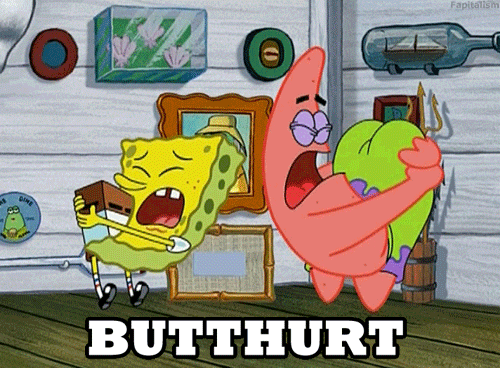- read most of Go Down, Moses
- wrote an entire story nearly from scratch - used some of the characters and a little of the premise from the Girl Scout story, but expanded and rethought so significantly that it's a whole separate story, and no part of the 2,500 words of it existed previously outside my head
- wrote a prospectus for a final literary analysis paper, which might be total crap
- read a couple of chapters of Intertextuality, by Graham Allen
- read or skimmed about a dozen scholarly papers
- chose twenty sentences from a writing exercise to cut up and put in an envelope together
- attempted to comprehend Lacan
- wished Matt happy trails on a short trip he's taking with his parents, on which I'm going along as of [checks watch] this morning, and
- finished off season 4 of The X-Files in my continuing marathon.
I'm disgruntled with what I did on the Girl Scout story. A radical revision was mandatory, per the professor (I guess that'd make it a required, requisitioned radical revision), so I did one, but I'm pretty eh about what I came up with. It was easy to write and hard to revise - the exact opposite of the original version of the story. Isn't that interesting? (In a few weeks I might come back to this and unpack it, because it may be worth expanding upon in a longer post, but I'm seriously dying of schoolwork, so let's call this parenthetical a Post-It note for possible further thought later.)
I put myself into a different narrative position, and found that although I didn't mind telling the story inside a certain character's head, it wasn't at all the story that intrigued me about the situation. I didn't work especially hard in drafting it, and the results were not especially appealing, so the revision was a kind of hapless clean-up on something that doesn't have a lot of integrity. I don't have the time to make it worthy of me, and anyway it's work I did for a class assignment, not work I did because I thought I needed to write a better story. So, I met the requirements of the class, which is fine for this story at this moment. End of line.
Thanks to everyone for their responses to my poll of last Friday. As of this writing I have three friends and ten traitors in my life. Ha ha, no, I don't mean to call you traitors (you rotten traitors) but the poll's answers certainly exposed what I actually wanted to do with my December as opposed to what I probably need to do.
Classes are proceeding as normal tomorrow, but I won't be at them. I'll be here instead. I'm going to try and mentally set aside everything that still remains for me to do in terms of school until I get back, and wallow richly in the excess of others.
 |
| Yeah, no, this level of excess is tooooootally normal |
Happy [early] Thanksgiving, everyone.







